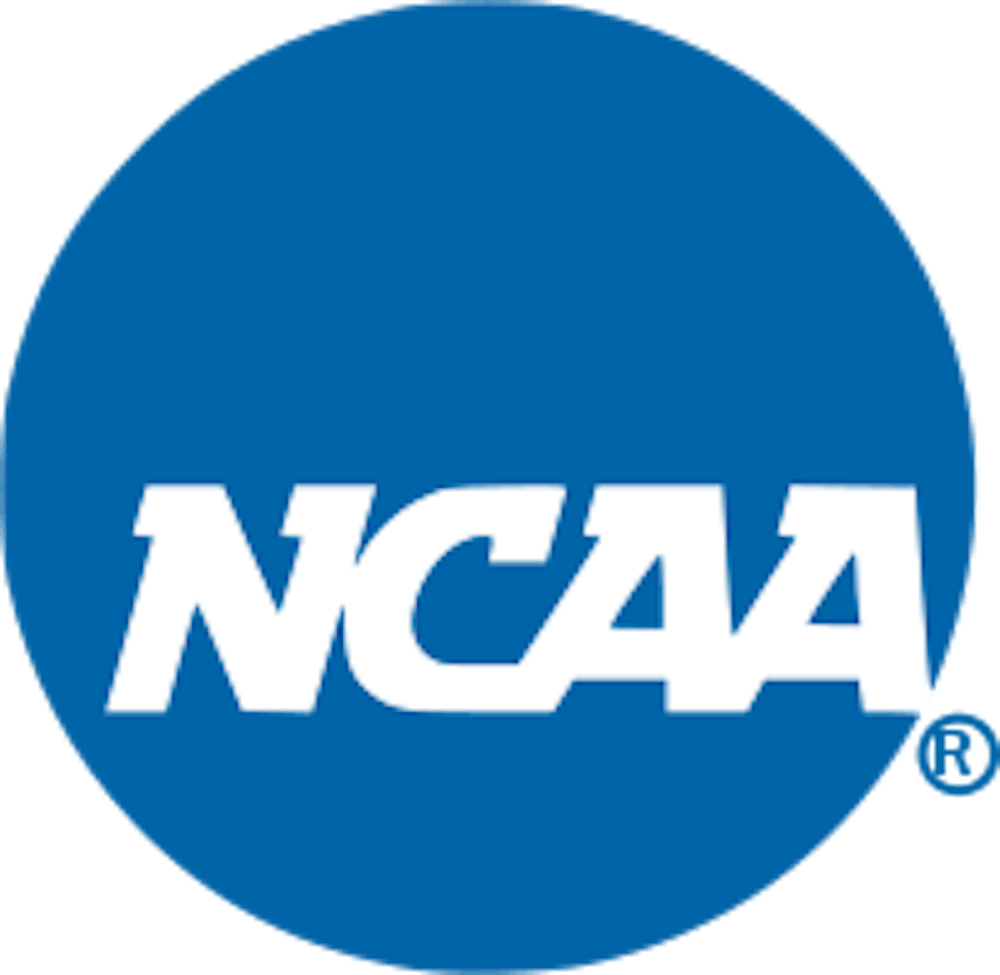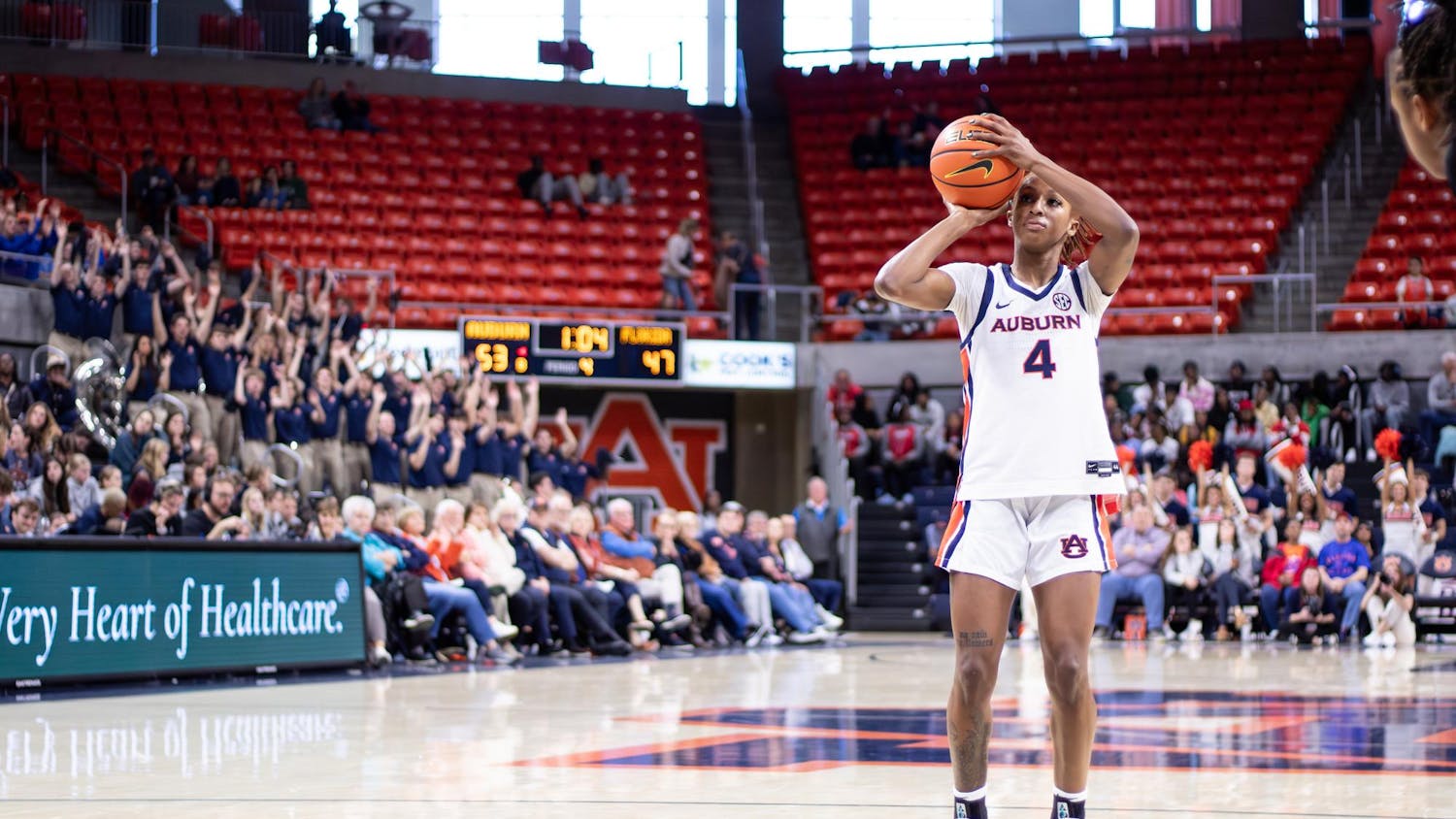If there was ever any question on the motives and goals of Mark Emmert's tenure as NCAA President, he made himself undoubtedly clear after Monday's punishments to Pennsylvania State University and its football program.
Emmert came down with the hammer of Thor, leaving the Nittany Lions in a situation just short of what the dreaded death penalty would accomplish.
In no particular order of most damaging, PSU must pay out $60 million (equivalent to one year of football revenue), a four year postseason ban, vacate all wins since the 1998 season (112 to be specific, removing Paterno from the No. 1 spot on the all-time coaching wins list), the reduction of scholarships to 20 per year over a four year span, and all current players may transfer within the Football Bowl Series with the ability to play right away.
They were also put on a five-year probation and will be under the watchful eye of an athletic integrity monitor to be chosen by the NCAA.
The Big Ten Conference also got a piece of the action by using the proceeds that PSU would have received from four-years worth of Big Ten bowl revenues, estimated at $13 million a year, to charitable organizations dedicated to protecting children in Big Ten communities.
All of the penalties cannot be disputed and have been accepted by PSU, according to President Rodney Erickson.
The closest example there is to these penalties were the ones given to the University of Southern California's football and basketball teams for improper benefits to Reggie Bush and O.J. Mayo, respectively. USC vacated all wins that Bush participated in, including the 2004 National Championship as well as a three-year scholarship reduction.
USC appealed the scholarship reduction, giving them two years to stock up on recruits. They will face these reductions after the 2012 season, a year in which they are allowed to return to postseason play.
In fear of facing the death penalty, PSU waived their right to appeal all sentences, leaving them to reap what they sowed. Even though no one mentioned in the Freeh Report remains at PSU and have almost all been punished accordingly.
The fundamental difference between these two instances is that USC broke the rules to win football games. Therefore, the football program was punished. In PSU's case, four members of the University, only one directly involved with the football team, participated in the cover up of the heinous and disgusting crimes of Jerry Sandusky.
And yet players, coaches, recruits, fans, and so many more must face the admonishment of the NCAA. Of the five men involved in the scandal, Paterno is deceased; Sandusky will likely spend the remainder of his life in jail; and Gary Shultz and Tim Curly are facing perjury charges.
Emmert said this situation is an unprecedented one that warranted unprecedented punishments. But these punishments are setting the wrong precedent by punishing individuals who were not involved.
It will take years beyond the condemnations for the PSU football program to recover. It is not the vacating of wins, even though some games such as the 2010 game versus Ohio State and 2006 Orange Bowl versus Florida State that technically never happened, that bothers me. Nor is it the $60 million fine, including Big Ten fines and individual victims suing Penn State, which bothers me.
The postseason ban and loss of scholarships go a little too far, but are somewhat reasonable.
The NCAA crossed the line with the open-door policy that allows PSU players to leave and join other FBS teams without taking a year off. Players have been given a guilt-free excuse to leave the PSU football program in ruins.
With only days before two-a-days start, teams across the nation are encouraged to rummage through the PSU roster and pick it dry like vultures. Do not be surprised if at least one, if not a dozen current Nittany Lions will be sporting rival colors in the 2012 football season. This includes junior running back standout Silas Redd who has reportedly spoken with USC.
Paired with the lack of 20 scholarships and promise of no postseason for four years, PSU must now attempt to put together a halfway decent team. Not only will some of their current players who have bonded and come together during this terrible ordeal be absent, the recruiting process will look something like a has-been mountain lion trying to hunt with three legs. The only four-plus star recruits they will bring in will most likely be life long PSU fans looking to fulfill a dream.
Granted, it isn't the death penalty, which would have damaged a town as well as a university. But, it is the next-worse thing.
The one phrase that has echoed throughout this ordeal is the idea that this is not a football issue and it goes above and beyond the results between the pylons. Still, the PSU football program has been stripped of anything and everything that could possibly lead to a successful season.
If this is not a football issue, why is the football team bearing the burden?
Though this issue is more than 850 miles away, Auburn coaches, players and fans should not put it in the back of their heads. We live in a culture where football is more than just a pastime; it is a way of life. When so much emphasis is placed on a football program, those involved should now take extra precautions in protecting its program, but never at the sake of what is morally right.
A recent example is the 2010 Cam Newton "scandal" that never panned out. Cecil Newton was found guilty of seeking money form Mississippi State, but no proof was ever found that Auburn offered something similar.
If found guilty, Auburn may be in a situation similar to USC's. The Tigers would have one less national championship and one less Heisman winner.
Let it be known that big brother is watching and ready to lay down the law, be it fair or unfair.
Emmert had the goal of sending a message to the NCAA. Mission accomplished.
Do you like this story? The Plainsman doesn't accept money from tuition or student fees, and we don't charge a subscription fee. But you can donate to support The Plainsman.





